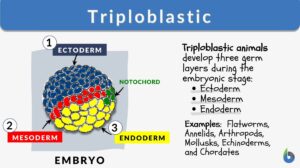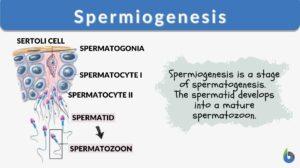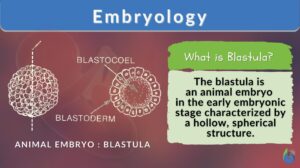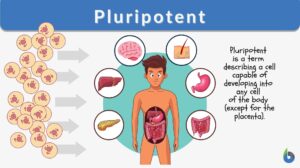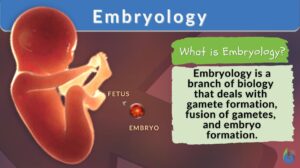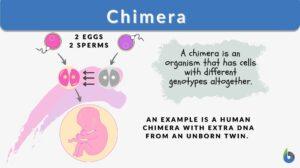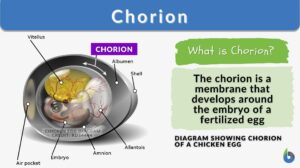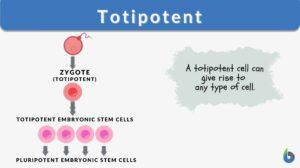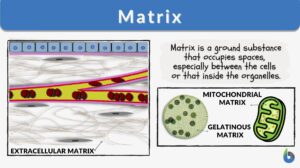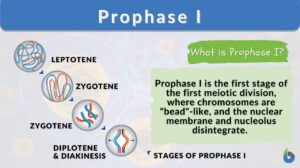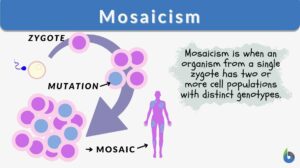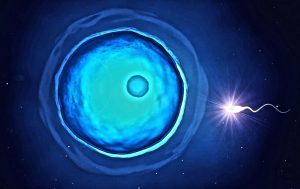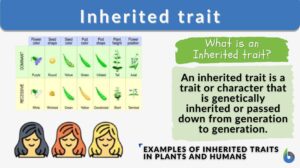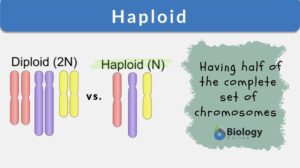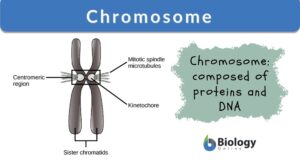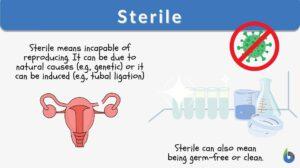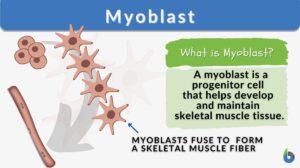Search Results for: germ
Spermatogenesis
Spermatogenesis Definition Spermatogenesis is the biological process of producing sperm cells. It occurs in the male gonad... Read More
Triploblastic
Triploblastic Definition A triploblastic animal had three main layers of tissue during embryonic development. The central... Read More
Spermiogenesis
Spermiogenesis Definition Spermiogenesis is the stage of spermatogenesis wherein the spermatids differentiate into mature... Read More
Human Reproduction
Terminology and Concepts Primary reproductive organs are called gonads - testes in the male and ovaries in the female.... Read More
Germination
Definition noun, plural: germinations The stage in which a germ or a living thing starts to sprout, grow and... Read More
Pluripotent
Pluripotent Definition What is pluripotent? In biology, the term "pluripotent" means capable of developing into... Read More
Embryology
Embryology Definition Embryology is a branch of biology that deals with the topics concerning gamete formation... Read More
Totipotent
Totipotent Definition What is totipotent? In general terms, totipotency is defined as the ability of a single cell to... Read More
Prophase I
Organisms all use mitosis to create more cells in the body. Meiosis, a similar process, is used in some organisms to undergo... Read More
Monoblastic
Definition adjective (1) Pertaining to a condition (especially of a blastula or ovum) in which there is only one primary... Read More
Diploblastic
Definition adjective Pertaining to a condition in which there are two primary germ layers, such as ectoderm and... Read More
Gametocyte
Definition noun, plural: gametocytes A gamete-forming diploid germ cell Supplement A gametocyte is a gamete-forming cell.... Read More
First time! Human blood cell turned into a young sex cell
In essence, our body consists of two major types of cells – one group involved directly in reproducing sexually (called... Read More
Triploblasty
Definition noun (1) A condition of a blastula in which there are three primary germ layers: ectoderm, mesoderm and... Read More
Inherited traits
What are Inherited Traits? The characteristics or traits that are passed from parents to offspring are known as inherited... Read More
Cytokinesis
The cell cycle of eukaryotes is a cyclical series of biological events that certain asexual cells go through. The cell cycle... Read More
Chromosome
Chromosomes Definition Chromosomes are thread-like structures present in the nucleus of plant and animal cells. Chromosomes... Read More
Epithelium
An epithelium is a type of animal tissue made up of densely packed cells (called epithelial cells) that rest on a basement... Read More
Myeloblast
Definition noun, plural: myeloblasts A precursor cell that gives rise to a promyelocyte during... Read More
Y chromosome
Y chromosome Definition The Y chromosome constitutes one member of the pair of sex chromosomes within an organism, a common... Read More



